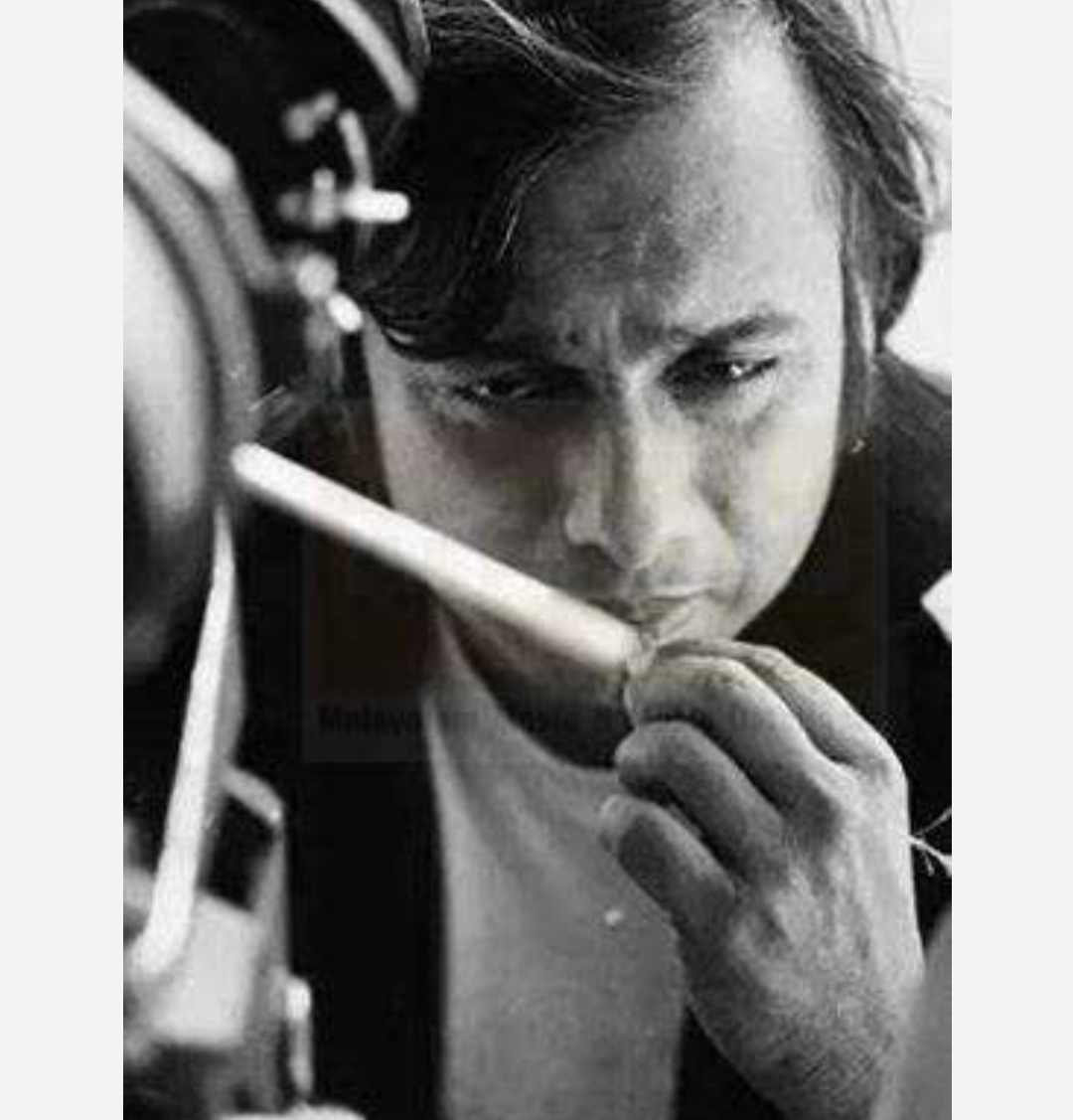
Ashok Kumar : Birth Anniversary !
Dec 28 2024
Ashok Kumar, a trailblazer in Indian cinematography, had a remarkable career spanning nearly four decades and over 125 feature films across Tamil, Telugu, Malayalam, and Hindi languages. Born in Allahabad to a Hindi poet, Ashok Kumar’s journey began with a diploma in photography from Allahabad University, followed by formal training in motion picture photography at the Institute of Film Technology, Adyar, Chennai. His passion and dedication culminated in a cinematic debut with the 1969 Malayalam film Janmabhoomi, which earned him the Kerala State Film Award for Best Cinematography.
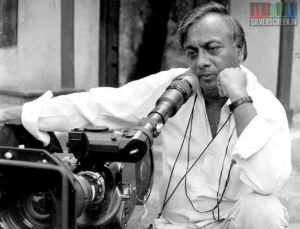
Early Career and Pioneering Contributions
Ashok Kumar’s early work in Malayalam cinema with stalwarts like P. N. Menon and Bharathan established his reputation. His mastery of lighting and composition set benchmarks in films like Swapnam (1973) and Taxi Driver (1977). Transitioning to Tamil cinema, his association with director Mahendran began with Uthiripookkal (1979), creating visuals that combined realism with subtle artistry.
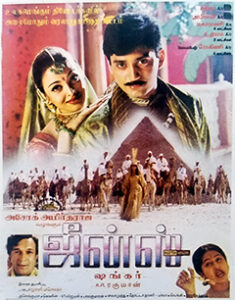
He was also a pioneer in embracing new technologies, being the first to shoot in 3D for the iconic My Dear Kuttichathan during the 1980s. His versatility extended to shooting the Seven Wonders of the World for Shankar’s Jeans, showcasing his ability to adapt to grand cinematic visions.
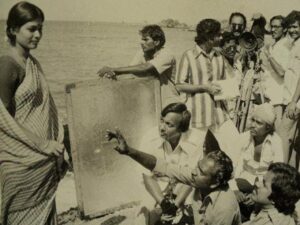
Memorable Collaborations
Ashok Kumar’s collaborations with Mahendran produced unforgettable images. In the song Paruvame from Nenjathai Killathe, he captured the fleeting beauty of early morning sunlight at Cubbon Park, Bangalore, a feat achieved with precise timing and unmatched skill. Mahendran remarked on Ashok Kumar’s naturalistic approach, often comparing his work to the architectural marvels of the Madurai Meenakshi Amman Temple.
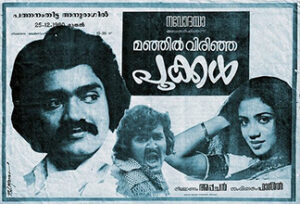
Director Fazil, reflecting on their partnership, noted Ashok Kumar’s mastery of techniques like backlighting and his ability to create cinematic magic even in challenging environments. For instance, during the shooting of Nokkethadhoorathu Kannum Nattu at Alappuzha Medical College, Ashok Kumar transformed a cramped hospital ward with limited lighting into a visually stunning scene.
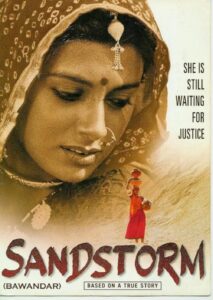
Legacy of Excellence
Ashok Kumar’s work encompassed a variety of genres, from art-house films to commercial blockbusters, showcasing his versatility. Films like Nenjathai Killathe, which earned him a National Film Award, and Manjil Virinja Pookkal remain etched in cinematic history. He also directed ten feature films across Tamil, Telugu, and Hindi, further diversifying his contributions to Indian cinema.
Awards and Recognitions
National Film Award: Nenjathai Killathe (1980)
Kerala State Film Awards: Janmabhoomi (1969), Swapnam (1973), Taxi Driver (1977)
Tamil Nadu State Film Awards: Nenjathai Killathe (1980), Andru Peytha Mazhaiyil (1988)
Nandi Award: Sri Sai Mahima (2000)
V. Shantaram Award: Bawandar (2000)
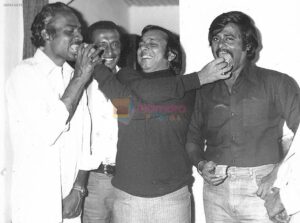
Tributes
Director Mahendran often spoke of Ashok Kumar’s ability to create visuals that resonated with timeless beauty and authenticity, likening his craft to instinctive brilliance. Fazil praised his technical expertise and aesthetic sensibility, calling him a mentor and innovator.
Even with limited technological advancements, Ashok Kumar’s work continues to inspire awe, reminding us of his genius. His artistry, dedication, and legacy remain a cornerstone of Indian cinema, celebrated by fans and filmmakers alike.
This December 29th, as we honor his birth anniversary, we remember Ashok Kumar as a visionary who elevated cinematography to an art form, leaving an indelible mark on the world of cinema.
SICA remembers Legacy of Ashok Kumar’s visual contribution to Indian Cinema.
Article drafted by
C J Rajkumar
Author/ Cinematographer
